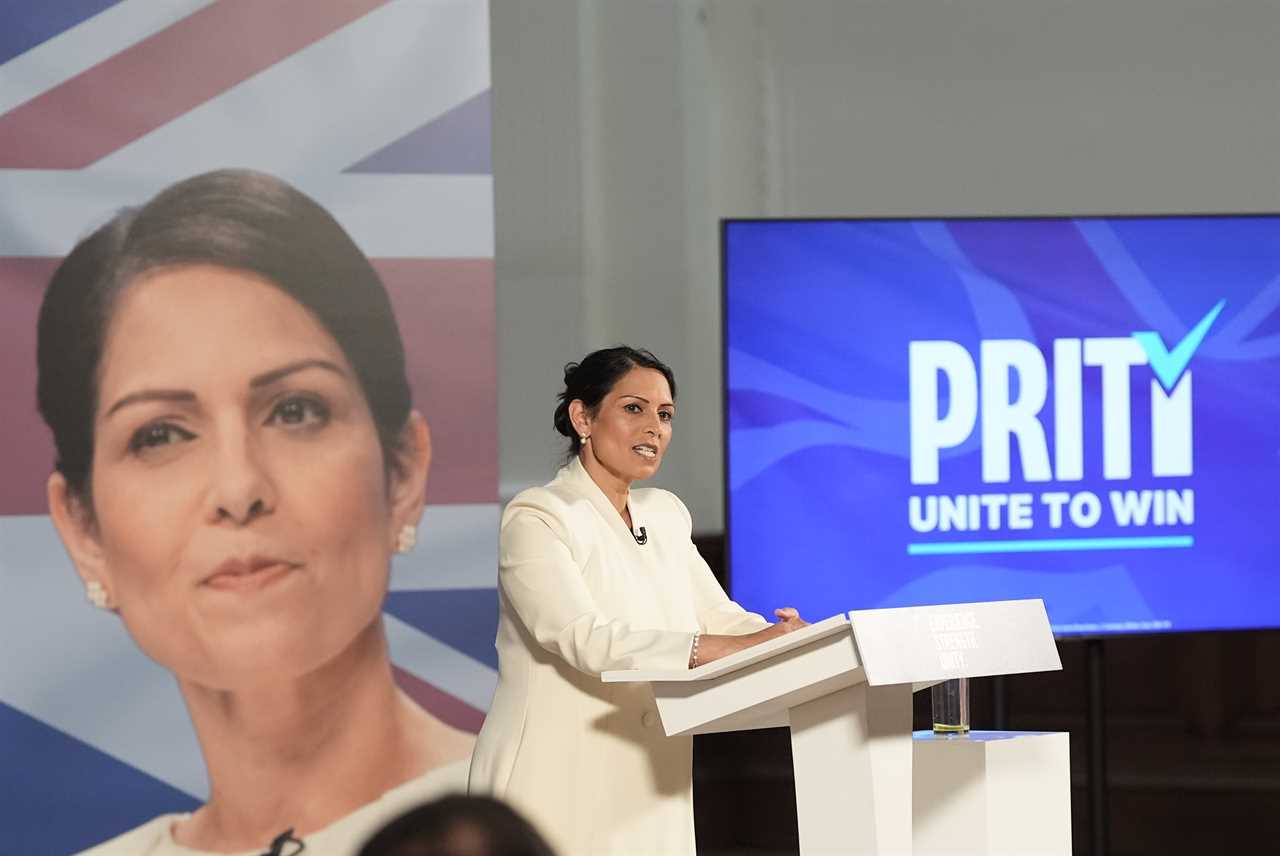
As the UK navigates the intricate web of Brexit negotiations, Labour's approach under Sir Keir Starmer's leadership is under scrutiny. The upcoming surrender summit signifies a pivotal moment, where the delicate balance between national sovereignty and EU relations hangs in the balance.
Labour's Strategic Shift: A Closer Look
Labour's engagement in Brexit discussions raises questions about their commitment to upholding the referendum result while navigating the complexities of EU partnerships. The nuanced dance between protecting key interests and potential compromises underscores the challenges of finding common ground amidst divergent priorities.
The Wider Context: Brexit, Sovereignty, and National Interest
Examining Labour's negotiation tactics against the backdrop of broader national interests illuminates the intricate dynamics at play. From border controls to trade deals, each decision carries weight in shaping the UK's post-Brexit landscape and its relationship with the EU.
Labour's Brexit Legacy: Betrayal or Strategic Diplomacy?
The debate surrounding Labour's Brexit stance underscores deeper divisions within British politics. While some view their approach as a strategic betrayal, others see it as a calculated effort to navigate a complex geopolitical terrain while safeguarding key national interests.

Challenges and Opportunities Ahead
Looking ahead, the path Labour chooses in Brexit negotiations will have far-reaching implications. Balancing the demands of EU cooperation with the mandate of the British public requires a nuanced approach that acknowledges the multifaceted nature of modern diplomacy.
In conclusion, the evolving landscape of Brexit negotiations under Labour's leadership demands a careful examination of priorities, values, and strategic imperatives. As the UK charts its course in a post-Brexit world, the decisions made in moments like the surrender summit will shape the country's trajectory for years to come.






